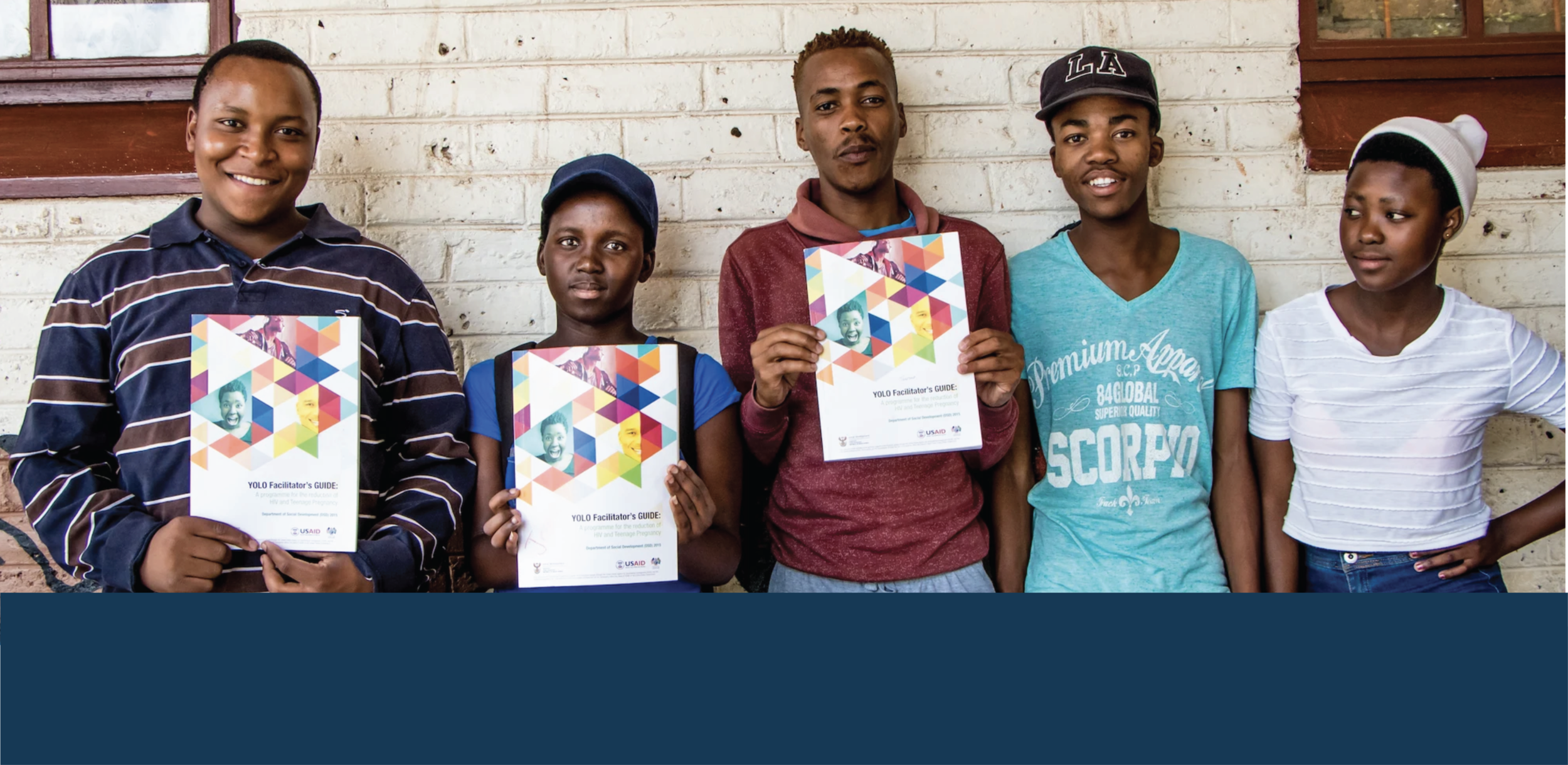
but will they live it.
they can’t talk to their parents about sex.
They certainly can’t talk to their teachers about sex. Or STIs. Or HIV/AIDS. Or how to get pregnant and – most importantly at their age – how to not get pregnant. So, many South African teens just guess. Or they talk to their friends, who are also just guessing. Or they believe rumors. Or make things up just to sound cool.
Remember being that age? Having these crazy new feelings, having the independence to explore new things and having the time to do it all. But not necessarily having anyone you could talk to about how to stay safe.
And, frankly, staying safe in South Africa is not easy.
South Africa is home to the world's largest HIV epidemic. By 2016 estimates*, over 7 million South Africans are living with HIV. That's 12.7% of the national population – a sobering statistic. On top of that, more than a quarter million new infections occur each year. The most significant number of infections? They occur in teens and young adults - the young, hopeful 15-to-24 year olds.
Think about this: 19.1% of South Africans between the ages of 15 and 49 are infected with HIV. Almost 1 in 5 teens, mothers, fathers, co-workers, friends, lovers – that you see, interact with or care about in South Africa are infected with HIV. It impacts everyone – but the disease is particularly devastating to adolescent girls and young women.
In fact, transmission among girls and young women is the core driver of this epidemic. Every week, 2,000 young women are infected with HIV. Every week. That's 100,000 new cases in women of reproductive age each year. Each year.
THESE NUMBERS ARE STAGGERING.
Yet the taboo remains: parents and grandparents don’t talk about it. Teachers avoid the questions. And the stigma is still there. It really is. It’s prevalent. Even when you know people – good people – who have died from HIV/AIDS or who are living with it, the stigma sticks: They did something wrong.
They slept with too many people. They earned it.
So how to do you come into your own there, figure out who you are as a person, explore your sexuality and stay safe in a place where over 7 million people have HIV/AIDS and you don’t know how to protect yourself and your partner?

